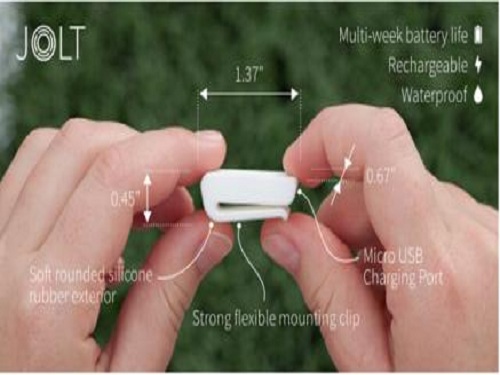Royal Philips and Banyan Biomakers Inc. announced recently that they have reached a long-term joint development agreement - to develop and commercialize a new portable blood detector for the detection and assessment of mild traumatic brain The injury (TBI) is at the beginning of the treatment care phase. Wenzhou suote pharmaceutical and chemical engineering CO.,LTD , https://www.wzsuotejixie.com
The collaboration is a time-honored collaboration that combines the advantages of Philips in patient monitoring, hand-held diagnostics and clinical diagnostic aids in extreme care environments, and Banyan Biomarkers' knowledge of the biological molecules that direct the nervous system. However, the two companies have not discussed the financial terms in depth.
Currently, there is no blood detector on the market that can meet the needs of physicians directly in the hospital to detect the presence and severity of brain damage (such as concussion). In general, after a brain injury, there will be a series of highly destructive biological events in the patient's body. This process may continue for several hours or even days, further worsening the patient's condition. Therefore, the detection of brain concussion is usually very difficult, because if there is no reliable and objective test, brain damage is not obvious from the surface. So, although some patients have suffered severe injuries to their heads and the body has already shown symptoms, he still has to pass a CT scan of the brain that is considered a "normal" procedure. In this situation, the failure of the doctor to make an accurate diagnosis and provide timely and appropriate treatment may have a serious impact on the patient.
According to the United States Centers for Disease Control, approximately 2.5 million people were rushed to the emergency department in the United States in 2010. Participation in treatment and death related to traumatic brain injury (TBI). At the same time, direct and indirect losses from Traumatic Brain Injury (TBI) are approximately US$ 76.5 billion. Because detection and treatment costs are so high, we currently use radiological tests such as computed tomography and magnetic resonance imaging to diagnose brain trauma. However, these techniques lack accuracy and timeliness. Therefore, early interventions can significantly reduce the cost of rehabilitation and care.
The new blood tester (protein detection) will be based on Philips' Minicare I-20 system. The system consists of a hand-held analyzer, sophisticated software, and a portable cassette that can be used alone. The cassette contains the tools needed for specific tests. Based on Magnotech Biosensor, a patented technology from Royal Philips, the Minicare I-20 system is currently being further optimized to detect multiple target molecules under low-concentration blood samples and to present the results within minutes.
Therefore, Philips is now focusing on the commercial promotion of this new type of blood detector in the emergency room. At the same time, this technology also brings gospel to sports trainers and other individuals who need to quickly diagnose brain damage outside the hospital. The US Defense Department also seems to be interested in the use of this new blood detector on the battlefield.